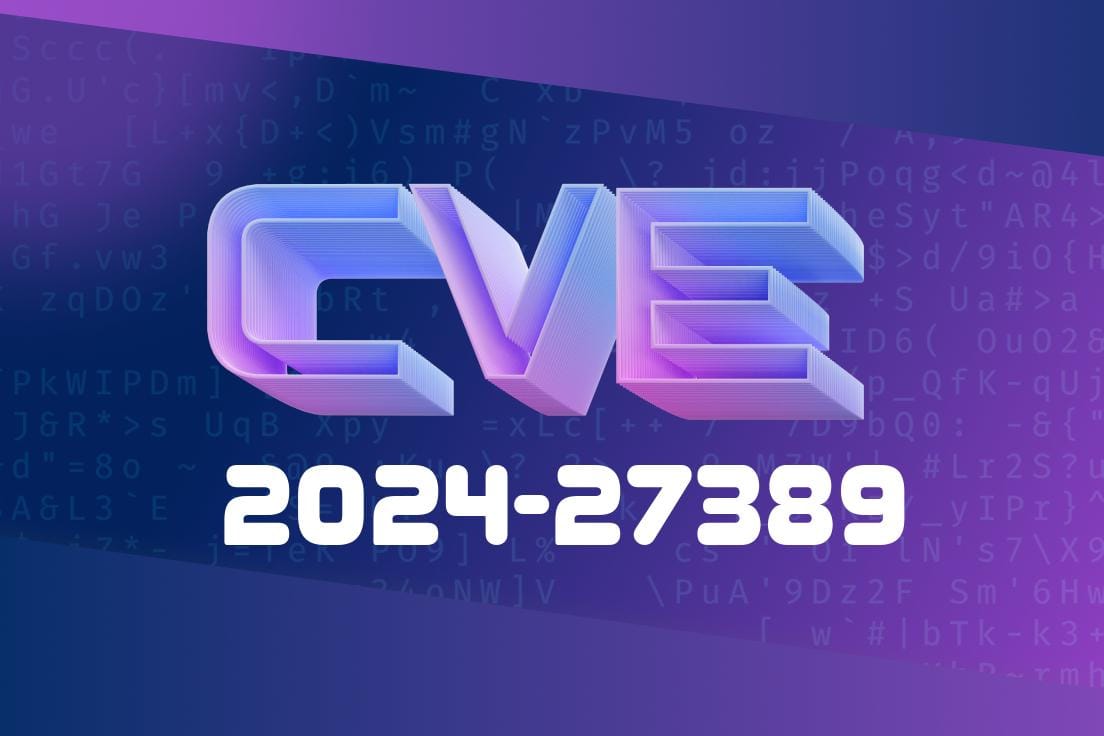The Linux kernel powers millions of devices and servers, but even its mature codebase still comes across bugs and vulnerabilities that need rapid attention. CVE-2024-27389 is a recent example — a subtle issue in the kernel's pstore (persistent storage) filesystem implementation that led to kernel warnings and possible instability. This post breaks down the root cause, provides easy-to-read code snippets, references, and explains how it was resolved.
What is pstore?
pstore, or persistent storage, is a Linux feature that lets the kernel write crash logs and other diagnostic data into non-volatile storage (like NVRAM or flash memory). The pstore data shows up in a special pseudo-filesystem, usually at /sys/fs/pstore or /pstore. This helps admins debug kernel crashes, even after a reboot.
What Was the Problem?
When you load a new pstore backend module (driver) and it collects crash data, there are inodes (filesystem objects) created for these records in pstorefs. If you *unloaded* the module *while* records were still present, the kernel would log a scary warning like:
WARNING: CPU: PID: 2569 at fs/dcache.c:762 dput.part.+x3f3/x410
What’s going on? This warning points to a double free in the dentry management (dput()), which is a big no-no in kernel programming. Double-free bugs can destabilize the system or, in some cases, be exploited.
Digging into the Code
The old code, trying to clean up left-over dentries (directory entries) when de-initializing its filesystem, combined two dentry operations:
// Old, buggy way (simplified)
d_drop(dentry); // Remove from cache
dput(dentry); // Decrement reference count
Documentation suggested that doing both together would be safe. But here, this meant we dropped references too many times, triggering a panic or a warning.
Root cause:
Using both d_drop (which removes a dentry from cache) and dput (which decrements reference) together wasn’t needed here. In fact, the kernel introduced d_invalidate(), a safer higher-level operation that invalidates the dentry with all necessary checks and cleanup.
The Fix
The solution for CVE-2024-27389? Just use d_invalidate()!
// New, fixed way
d_invalidate(dentry);
Also, the code no longer checks the return value: this function can't fail in the ways the old code anticipated.
Real Patch Excerpt
- d_drop(dentry);
- dput(dentry);
+ d_invalidate(dentry);
That small change alone eliminates the reference miscount that triggered the warning above.
Exploitation and Impact
This bug primarily caused kernel warnings and the possibility of a kernel panic (crash) in odd conditions. The most likely scenario is an accidental crash or denial of service by a local admin or user with the ability to unload kernel modules. Evidence suggests it is *not* remotely exploitable, nor does it directly allow privilege escalation. But bugs that destabilize core kernel data structures are always higher risk.
How to Stay Safe
If you maintain or use custom Linux kernels (including embedded devices), update to the latest kernel version after this patch was applied (see references below).
Look for this CVE in your distribution’s advisory
- Kernel.org commit referencing this fix
- CVE page *(may update as distros publish advisories)*
- LKML discussion
Conclusion
Even highly engineered code like the Linux kernel can slip up with subtle bugs. In this case, improper reference counting via unnecessary dentry operations led to warnings and possible crashes. Migrating to d_invalidate() not only fixed CVE-2024-27389 but made future code more robust.
Moral: Always trust the kernel’s current best practice — and never ignore a kernel warning! Keeping with modern interfaces like d_invalidate() protects everyone.
Stay updated:
If you’re a kernel or IT admin, subscribe to your distro’s security advisories and consider automated patch management to avoid similar risks in future.
References
- Git commit fixing CVE-2024-27389
- VFS documentation: vfs.rst
- LKML patch discussion
- CVE-2024-27389 Record
Do you run custom kernels or embedded systems? Tell us your strategy for tracking and patching CVEs in the comments below!
Timeline
Published on: 05/01/2024 13:05:09 UTC
Last modified on: 09/18/2025 16:14:57 UTC
